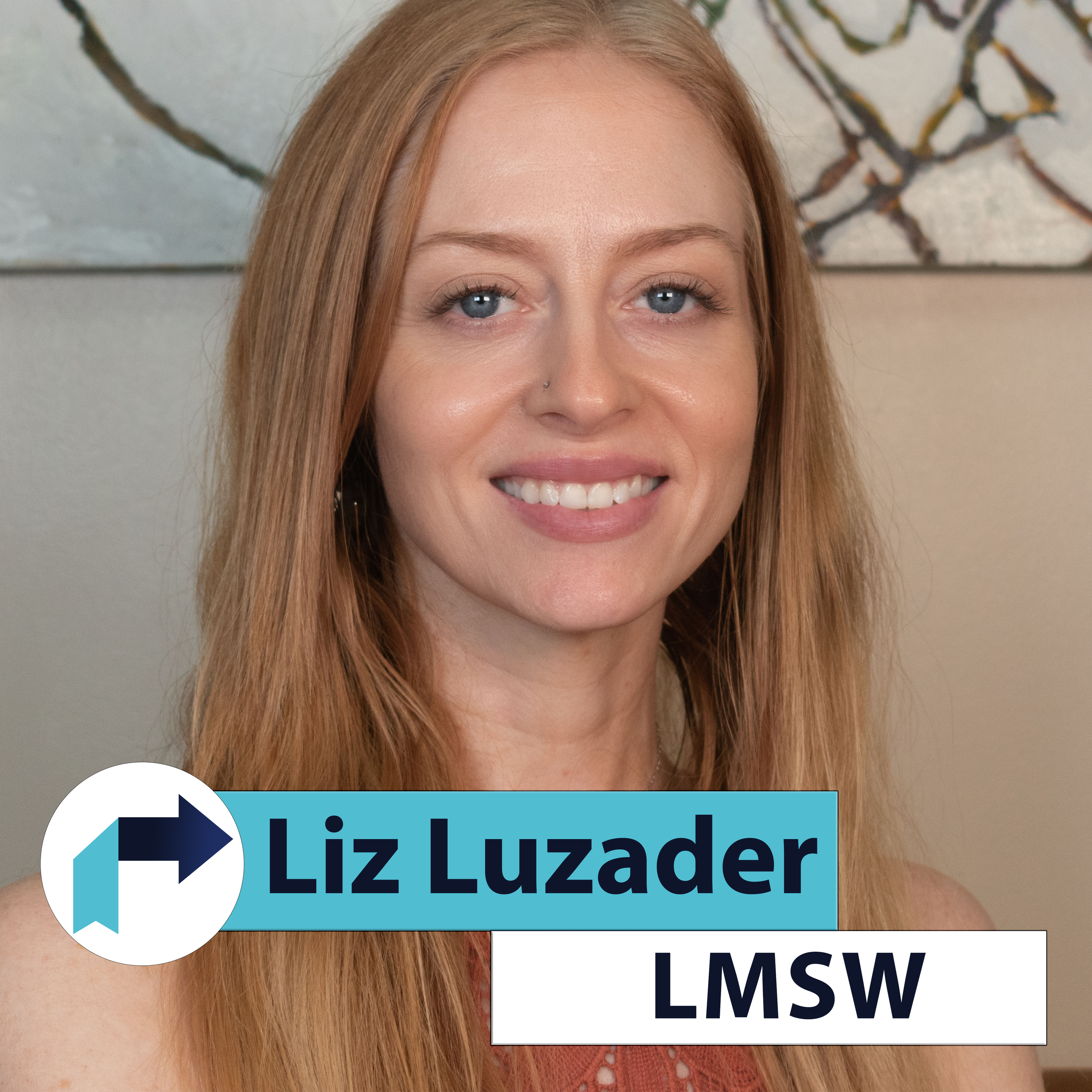Why should someone see a therapist?
Someone should see a therapist much for the same reason they may take in their car; for a check-up, there’s something wrong they can pinpoint, there’s something wrong they can’t pinpoint, or the whole thing is on fire and they need some serious help. Going to therapy isn’t necessarily saying something is wrong, sometimes it’s the desire to take an honest look at one’s life and see what can be improved, or maintained.
What made you become a therapist?
I became a therapist because I’ve always been fascinated by how the mind works, and specifically how someone's environment, family, and predisposing factors can influence someone's daily decisions. As someone who’s lived with depression all their lives, I’m constantly striving to examine my daily actions, and repair my thoughts.
In your opinion, what makes a therapist great?
Deep empathy and unconditional positive regard. A good therapist will give their patient a sense of autonomy, and act as a guide more than a manager. Every person is capable of being their greatest self.
Why did you choose your specialty?
I myself am I bi-sexual multi-racial woman, so I’ve always held deep love the LGBTQ community, and any minority.
What types of clients do you prefer to work with and why?
I love working with LGBTQ clients, as well as adolescents ages 17+. Gen Z is truly fascinating to me, and they are the ones shaping the world right now.
What are the characteristics of a client who is the best fit for you?
Someone who is ready to change but is unsure of how. Someone who may feel scared, but can summon the courage to look at their shadow.
What therapeutic approaches do you use?
Feminist, Narrativ, Gestalt, CBT,DBT and Solution-Focused.
What types of assessments have you used in therapy?
Beck Anxiety and Depression inventory.
How do you use skills you have learned as a therapist in your own life? Do you have an example?
Probably traveling, it has given me such a beautiful perspective of how so many people are different due to culture, background, environment etc, but share some universal truths, such as the desire for love and connection.
If you weren’t a therapist, what would you be doing?
Singing, or something to do with the arts.
What piece of advice might you have for a potential client?
For a woman setting boundaries, I would ask them to look at the influences which keeps them from wanting to set that boundary..whether that be religious background, FOO,or how they see themselves in society. After an honest analysis, I would have them ask were these thoughts/rules/decisions made for you with your desires, goals, and values in mind? Are these rules benefiting you? If not create your own rules and enforces them with boundaries.
Do you typically recommend medication? What coping methods would you suggest to someone who does not want to take a prescribed medication?
Each case is different, so it’s difficult to say. If there are extreme symptoms then yes I would suggest looking into them with a prescribing professional, however if they are mild I may not, unless the client expresses a strong desire to try them. Coping methods I typically suggest are a change in diet/exercise/routine and the addition of meditation, grounding work, and of course, therapy.
How should a prospective client prepare for the first session?
Take a deep breath, have your favorite tea, and don’t overthink it! If it will help you write a couple of questions down so you don’t forget in the moment. In a typical first session it will be about getting to know each other, so no pressure.












